 Oscar Wilde had his views on popularity, but he didn’t live long enough to see BU’s staff profile pages.
Oscar Wilde had his views on popularity, but he didn’t live long enough to see BU’s staff profile pages.
Since going live with the new staff profile pages on 2nd October, we have had 17,598 visits to the site. Given below are some interesting statistics on who is looking at us and what they’re looking at:
Country / Territory – Visits
1. United Kingdom – 54.02%
2. United States – 7.56%
3. India – 2.94%
4. Germany – 2.03%
5. Canada – 2.13%
6. China – 1.64%
7. Australia – 1.97%
8. Malaysia – 1.53%
9. Netherlands – 1.18%
10. Greece – 0.77%
Rest of the World – 24.2%
Top 10 Pages (Based on page views)
1. People – 9.69%
2. Home – 8.89%
3. Search Results – 6.46%
4. Keywords – 1.05%
5. Dr Hossein Hassani – 0.76%
6. Professor Stuart Allan – 0.58%
7. Dr George Filis – 0.51%
8. Professor Timothy Darvill – 0.48%
9. Dr Roman Gerodimos – 0.39%
10. Professor Jens Holscher – 0.38%
It is also useful for us to know how visitors found our pages and on what devices they are viewing the pages:
Channels Visits
1. Organic Search 79.94% – this is through Google, Bing, etc.
2. Direct 9.84% – they have a link set up to the page
3. Referral 9.30% – from another web site but mainly BU’s web site, Research Blog, etc.
4. Social 0.87% – Twitter, Facebook, etc.
5. (Other) 0.02%
6. Email 0.02%
Usage across devices is as follows:
- 85.64 % Desktop
- 8.4% Mobile
- 5.95% Tablet
The above shows that we are networking on a global scale and that the majority of visitors are searching the site rather than just viewing one individuals page. It also demonstrates that the time taken to create our new profile pages has been worthwhile and highlights the importance of keeping your BRIAN account up to date.
If you have any queries about BRIAN or the Staff Profile Pages then please direct these to BRIAN@bournemouth.ac.uk
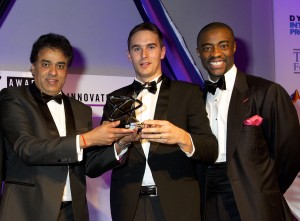


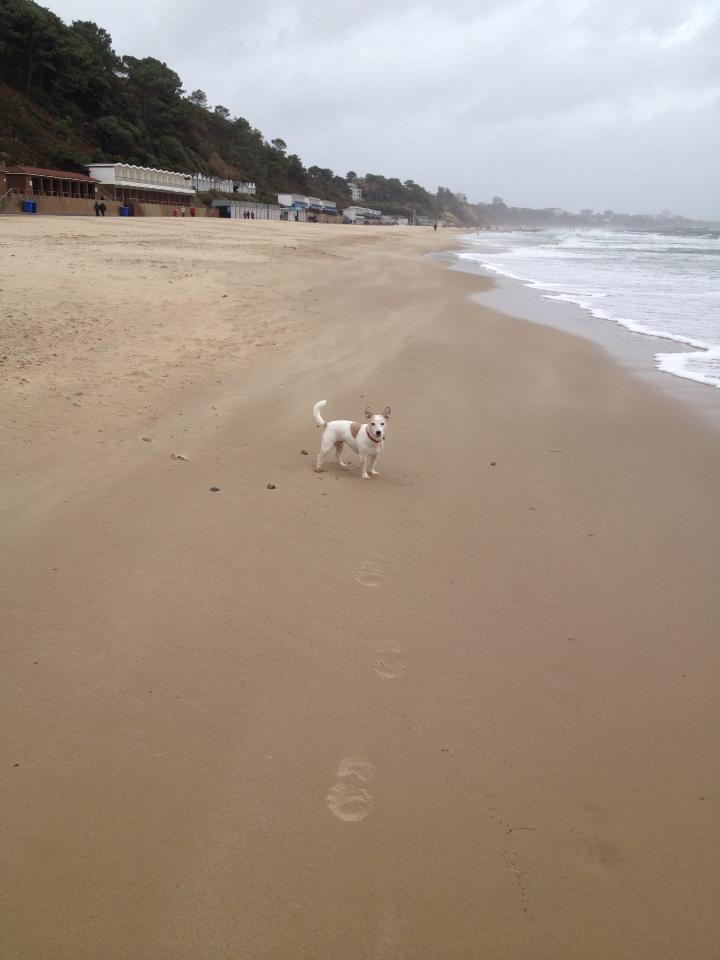
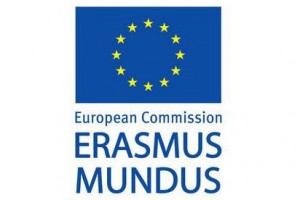



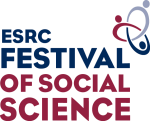

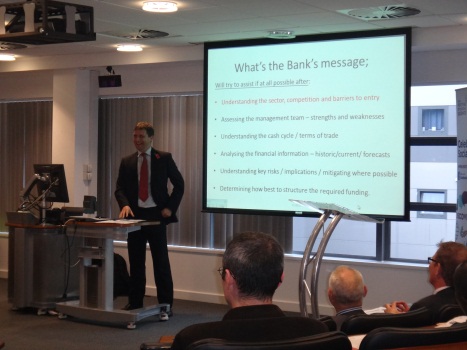
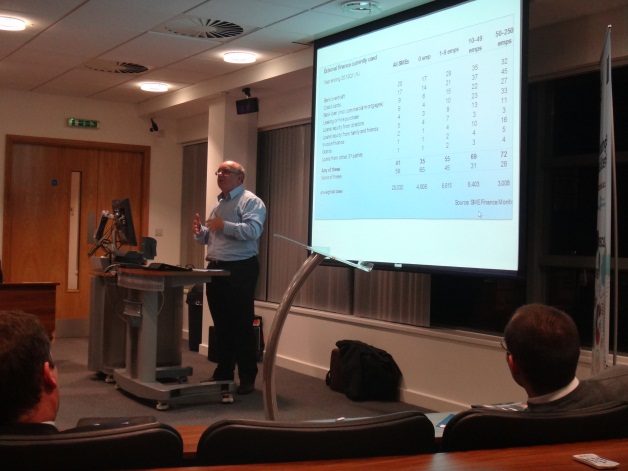



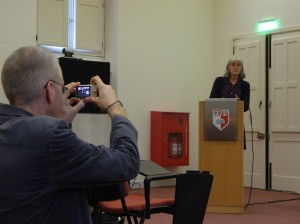
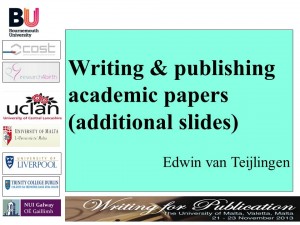

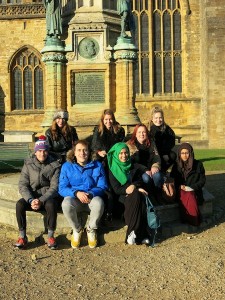
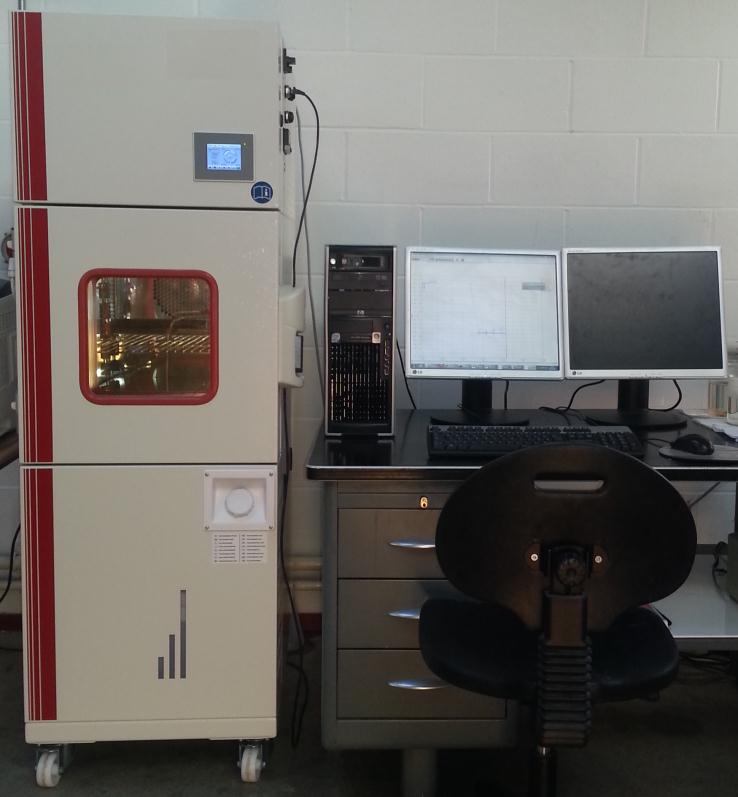












 UKCGE Recognised Research Supervision Programme: Deadline Approaching
UKCGE Recognised Research Supervision Programme: Deadline Approaching SPROUT: From Sustainable Research to Sustainable Research Lives
SPROUT: From Sustainable Research to Sustainable Research Lives BRIAN upgrade and new look
BRIAN upgrade and new look Seeing the fruits of your labour in Bangladesh
Seeing the fruits of your labour in Bangladesh Exploring Embodied Research: Body Map Storytelling Workshop & Research Seminar
Exploring Embodied Research: Body Map Storytelling Workshop & Research Seminar ECR Funding Open Call: Research Culture & Community Grant – Apply now
ECR Funding Open Call: Research Culture & Community Grant – Apply now ECR Funding Open Call: Research Culture & Community Grant – Application Deadline Friday 12 December
ECR Funding Open Call: Research Culture & Community Grant – Application Deadline Friday 12 December MSCA Postdoctoral Fellowships 2025 Call
MSCA Postdoctoral Fellowships 2025 Call ERC Advanced Grant 2025 Webinar
ERC Advanced Grant 2025 Webinar Update on UKRO services
Update on UKRO services European research project exploring use of ‘virtual twins’ to better manage metabolic associated fatty liver disease
European research project exploring use of ‘virtual twins’ to better manage metabolic associated fatty liver disease